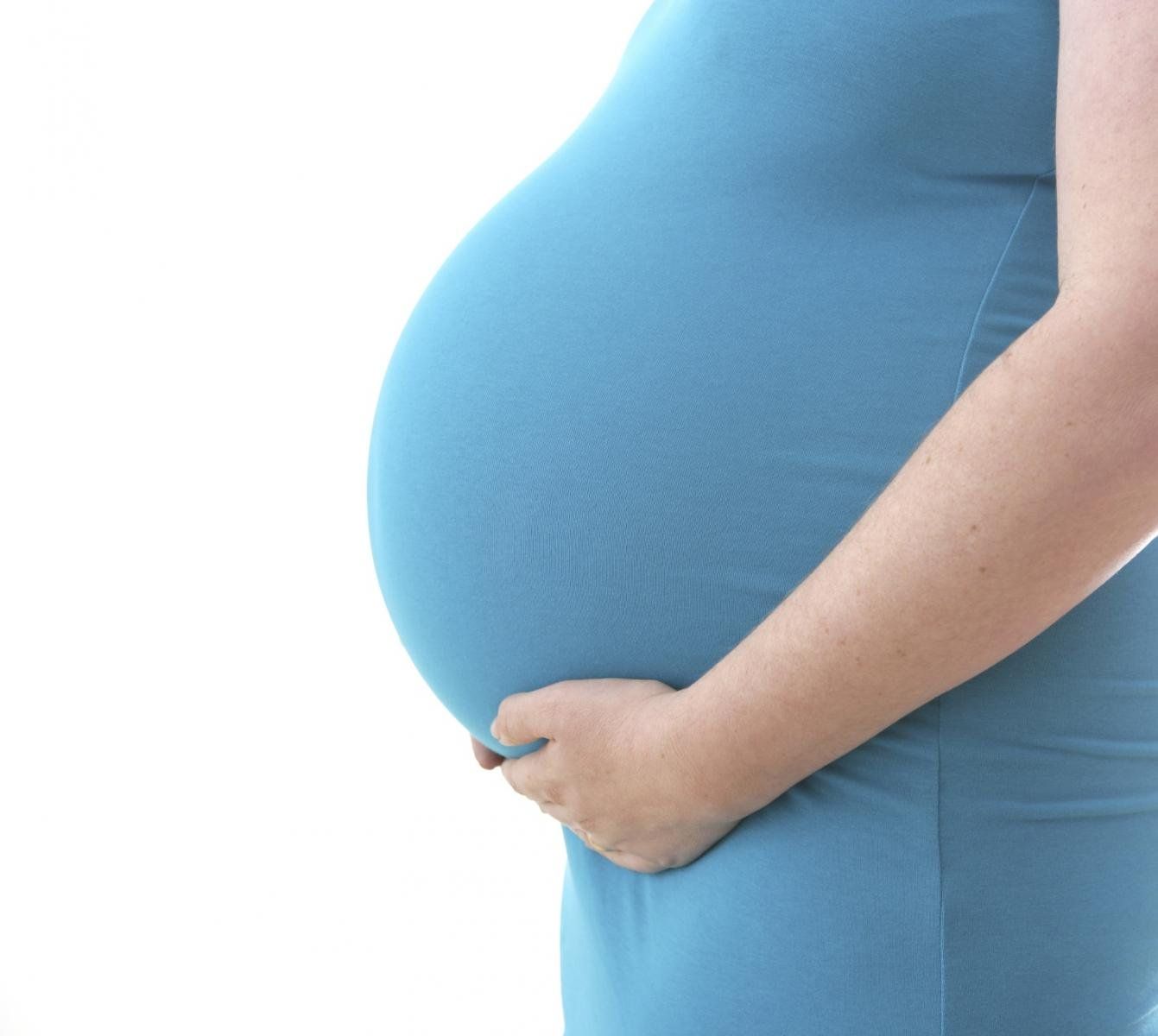Folic Acid Supplementation Supports Healthy Pregnancy, USPSTF Recommends
The U.S. Preventive Services Task Force recommends women who may become pregnant supplement with folic acid to help prevent fetal neural tube defects.
Photo © iStockphoto.com/Rinelle

A recent statement published in The Journal of the American Medical Association (JAMA) by the U.S. Preventive Services Task Force (USPSTF) recommends women who may become pregnant take folic-acid supplementation to help prevent fetal neural tube defects. The new statement reaffirms a 2009 USPSTF recommendation on folic acid supplementation for women of childbearing age, but takes into account new evidence on potential benefits and negative outcomes of folic acid supplementation.
“The current statement recommends that all women who are planning or capable of pregnancy take a daily supplement containing 0.4 to 0.8 mg (400-800 µg) of folic acid,” the USPSTF recommendation concludes. That dosage level is consistent with the USPSTF’s 2009 statement, as well as similar recommendations issued by the American College of Obstetricians and Gynecologists, the American Academy of Pediatrics, and the American Academy of Family Physicians.
“The USPSTF found no new substantial evidence on the benefits and harms of folic acid supplementation that would lead to a change in its recommendation from 2009,” the statement reads. “The USPSTF assessed the balance of the benefits and harms of folic acid supplementation in women of childbearing age and determined that the net benefit is substantial.”
CRN’s Response
The Council for Responsible Nutrition (CRN; Washington, DC) was quick to applaud the USPSTF’s recommendation in a statement of its own, and it noted that the recommended dose of folic acid can typically be found in multivitamins and pre-natal vitamins, although many reproductive-age women fall short in consuming adequate amounts of folic acid.
“Folic acid supplementation is proven to prevent neural tube birth defects in babies, and we commend the U.S. Preventive Services Task Force (USPSTF) for its continued recommendation that all women of child-bearing age supplement with folic acid to avoid experiencing this devastating birth defect,” says Duffy MacKay, ND, senior vice president of scientific and regulatory affairs for the Council for Responsible Nutrition (CRN; Washington, DC).
Still, the government could take additional steps to ensure women are getting the recommended levels of folic acid for healthy pregnancies, MacKay says, such as including multivitamins with folic acid in all government nutrition programs, including the Supplemental Nutrition Assistance Programs (SNAP).
“This will ensure that reproductive-age women looking to the government for nutritional assistance will have access to the protective effects of folic acid during pregnancy,” MacKay concludes. “Low-income mothers should have the choice to use their SNAP benefits to purchase a multivitamin with folic acid. Furthermore, a multivitamin provides other nutrients, such as iodine, that are critical for a healthy pregnancy.”
Read more:
Quatrefolic Folate May Help Lower Homocysteine Serum Levels
Michael Crane
Associate Editor
Nutritional Outlook Magazine
michael.crane@ubm.com
References:
Bibbins-Domingo K et al., “Folic acid supplementation for the prevention of neural tube defects US preventive services task force recommendation statement,” JAMA, vol. 317, no. 2 (January, 2017): 183–189
HHS announces restructuring plans to consolidate divisions and downsize workforce
Published: March 27th 2025 | Updated: March 27th 2025According to the announcement, the restructuring will save taxpayers $1.8 billion per year by reducing the workforce by 10,000 full-time employees and consolidating the department’s 28 divisions into 15 new divisions.






